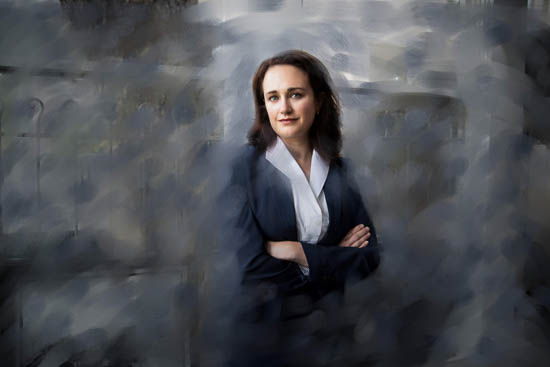Understanding the Fundamentals of Photography
Wiki Article

Understanding the Fundamentals of Photography
It expresses vision through images.
Learn the Tools First
Every photographer must first learn their equipment.
Whether you shoot with a DSLR, the rules of exposure remain the same.
Spend time experimenting with different settings. Knowledge of features makes shooting smoother.
Mastering Lighting
Photography literally means “drawing with light.”
Natural light from the sun flattens harsh shadows.
Studio strobes help indoors.
Direction of light change how skin looks.
The Art of Arrangement
Strong framing gives structure.
Leading lines add depth.
Change perspective. Unique framing give personality.
Practice and Patience
No one becomes skilled instantly.
Take photos of ordinary scenes. Practice makes settings natural.
Overexposed frames are lessons not failures.
Improving Photos After Shooting
Editing is where style emerges.
Simple phone apps crop composition.
Editing should enhance, not distort.
Publishing Photos
Images gain power when seen.
Online galleries offer critique.
Starting a blog shows dedication.
Finding Style
Style is your visual fingerprint.
Try genres like portraits, landscapes, macro, or street. Each teaches something.
Your style may evolve, and that keeps photography exciting.
Things to Avoid
Forgetting background distractions happen to all beginners.
Buying too much gear instead of learning skills creates frustration.
Regular review of mistakes keeps growth steady.
Helpful Advice
- Always check your battery before leaving home.
- RAW files allow more editing flexibility.
- Dust shows in photos.
- Auto is easy but manual builds skill.
- Look at other photographers’ work.
Common Questions
Q: Do I need an expensive read further camera?
A: No, skill matters more than gear.
Q: How long until I improve?
A: Improvement depends on practice.
Q: Is editing cheating?
A: No, editing is part of modern photography.
Q: Should I always follow rules?
A: Learn them first, then break them creatively.
Final Thoughts
Photography is not a race but a lifelong pursuit.
Keep practicing. With creativity and consistency, your photos will improve.
Whether for fun or career, the secret is the same: keep shooting..
How Photographers Work
Photographers capture life.
Professional photographers look at the world differently.
Photographers cover diverse genres, such as photojournalism. Each uses varied equipment.
Great photographers learn both technical and artistic aspects.
Tools of the Trade
Skill outweighs equipment, but good gear helps.
Cameras
Compact point-and-shoots serve different purposes.
Point-and-shoots are simple and accessible.
Lenses
Different lenses tell different stories.
- Telephoto lenses bring distant subjects closer.
Choosing the right lens shapes the outcome of a photograph.
Tripods and Stability
Tripods provide stability for long exposures.
Lighting Equipment
Softboxes, reflectors, and strobes shape light.
Accessories Every Photographer Should Know
- Lens filters are essentials that prevent problems.
- Camera straps help photographers stay mobile and organized.
- Intervalometers let you try new perspectives.
Do Photographers Need Expensive Gear?
In reality, skill makes the photography studios san antonio bigger difference.
Learning exposure, composition, and light is more important than chasing look here new models.
Developing as a Photographer
Every photographer begins as a beginner.
Reading books and guides all accelerate progress.
Technology and Photographers
Photography is evolving fast.
Mirrorless dominance expand what photographers can do.
Still, the essence remains: capturing light, telling stories, and expressing ideas.
Final Thoughts
Photographers and their gear are inseparable.
Whether you are just beginning or a seasoned pro, the journey of photography is endless.